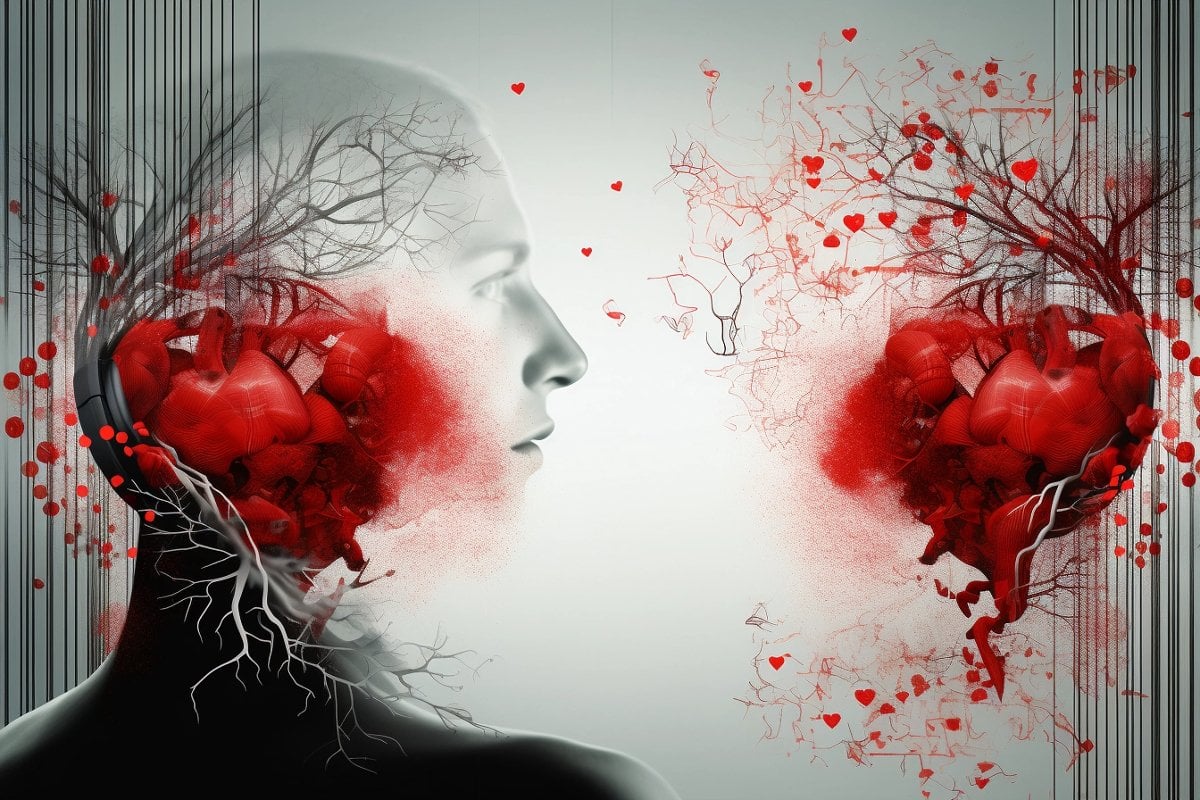Summary: Recent research has revealed that the different phases of a heartbeat significantly impact brain and motor system excitability.
A study conducted with 37 healthy volunteers using transcranial magnetic stimulation (TMS) showed heightened excitability during the systolic phase, marked by distended blood vessels. This groundbreaking discovery holds the potential to revolutionize treatments for depression and stroke by aligning them with the cardiac cycle to enhance their effectiveness.
Key Facts:
- Brain and motor system excitability fluctuates with the cardiac cycle, peaking during the systolic phase.
- The study used TMS to observe the brain-heart connection, shedding light on potential implications for depression and stroke treatments.
- The findings suggest that treatments like TMS could be optimized based on cardiac activity for improved outcomes in depression and stroke recovery.
Source: PLOS
Optimal windows exist for action and perception during the 0.8 seconds of a heartbeat, according to research published on November 28th in the open access journal PLOS Biology.
Research indicates that the sequence of contraction and relaxation during the heartbeat is linked to changes in the motor system and its responsiveness to stimulation, potentially impacting treatments for depression and stroke.
Our perception and interaction with the world are influenced by internal bodily processes, such as heartbeats. Cardiac activity can influence auditory and visual perception. Altered sensory perceptions have been observed during the systolic phase, indicating brief distension of blood vessels.
The study, carried out by Esra Al and colleagues from the Max Planck Institute for Human Cognitive and Brain Sciences, Germany, sought to uncover changes in cortical and corticospinal excitability during the cardiac cycle. The results demonstrated that motor system excitability peaked during the systolic phase, implying an intricate link between heartbeats and the excitability of the motor system.
The implications of this research are far-reaching, suggesting the potential to fine-tune treatments such as TMS for depression and stroke recovery by leveraging the timing of heartbeats. This study may help broaden our understanding of brain-body interactions in both health and disease contexts.
The authors of the study emphasized, “Intriguingly, this study uncovers a remarkable connection between the human heart and brain, revealing distinct time windows tailored for action and perception.”
About this neuroscience research news
Author: Claire Turner
Source: PLOS
Contact: Claire Turner – PLOS
Image: The image is credited to Neuroscience News
Original Research: Open access.
“Cardiac activity impacts cortical motor excitability” by Esra Al et al. PLoS Biology
Abstract
Cardiac activity impacts cortical motor excitability
Human cognition and action can be influenced by internal bodily processes such as heartbeats. For instance, somatosensory perception is impaired both during the systolic phase of the cardiac cycle and when heartbeats evoke stronger cortical responses.
Here, we test whether these cardiac effects originate from overall changes in cortical excitability.
Cortical and corticospinal excitability were assessed using electroencephalographic and electromyographic responses to transcranial magnetic stimulation while concurrently monitoring cardiac activity with electrocardiography.
Cortical and corticospinal excitability were found to be highest during systole and following stronger neural responses to heartbeats. Furthermore, in a motor task, hand–muscle activity and the associated desynchronization of sensorimotor oscillations were stronger during systole.
These results suggest that systolic cardiac signals have a facilitatory effect on motor excitability—in contrast to sensory attenuation that was previously reported for somatosensory perception. Thus, it is possible that distinct time windows exist across the cardiac cycle, optimizing either perception or action.


